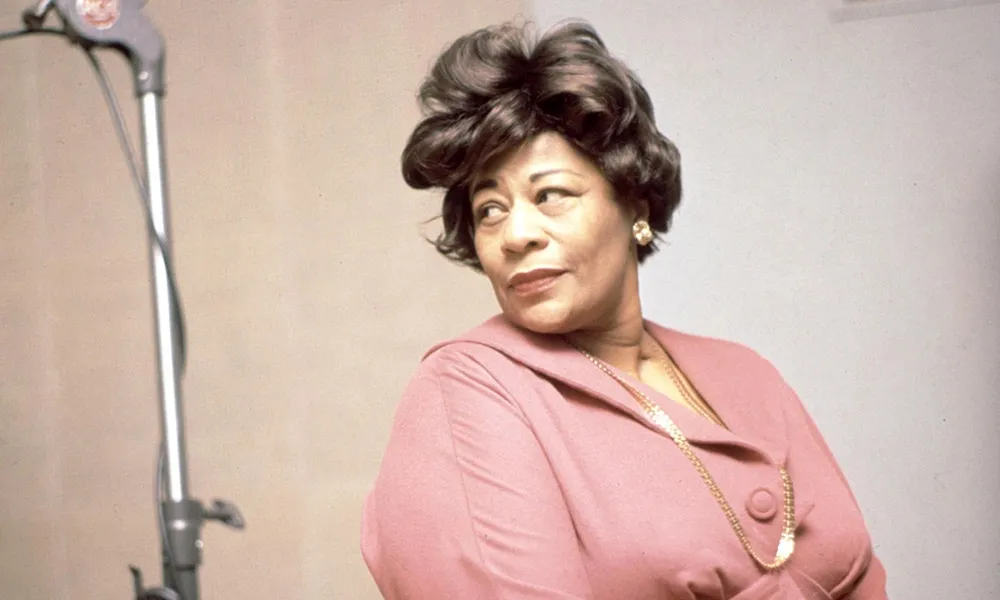Ella Fitzgerald: An Overview of Her Life, Milestones, and Social Impact
Early Life and Beginnings
Ella Jane Fitzgerald was born on April 25, 1917, in Newport News, Virginia. She faced a challenging childhood marked by the death of her mother and financial struggles. After moving to Yonkers, New York, with her aunt, Fitzgerald found solace in music, particularly jazz. Her big break came in 1934 when she won an amateur contest at the Apollo Theater in Harlem, leading to her association with drummer and bandleader Chick Webb.
Musical Milestones
- Chick Webb Orchestra: Fitzgerald joined Webb’s orchestra as a vocalist, and her rendition of “A-Tisket, A-Tasket” (1938) became a massive hit, propelling her to national fame.
- Solo Career: After Webb’s death in 1939, Fitzgerald took over his band before launching her solo career in the 1940s.
- Scat Singing and Vocal Innovations: In the mid-1940s, she pioneered scat singing, showcasing her improvisational skills in songs like “Flying Home” and “How High the Moon.”
- The Great American Songbook: Fitzgerald recorded eight songbooks between 1956 and 1964, featuring works by composers like Cole Porter, George Gershwin, and Duke Ellington. These recordings are considered masterpieces of vocal jazz.
- Collaborations: She worked with legendary musicians such as Louis Armstrong, Duke Ellington, and Count Basie, further cementing her legacy.
Achievements and Awards
- Grammy Awards: Fitzgerald won 13 Grammy Awards, including the inaugural Best Female Vocal Performance in 1958.
- First Lady of Song: Known as the “First Lady of Song,” she sold over 40 million albums during her career.
- National Recognition: She received the National Medal of Arts (1987) and the Presidential Medal of Freedom (1992).
Social Impact
- Breaking Barriers: Fitzgerald navigated the challenges of racism and sexism in the music industry. Despite segregation and discrimination, she performed across the United States and abroad, paving the way for other African American artists.
- Philanthropy: Later in life, she established the Ella Fitzgerald Charitable Foundation, supporting education, health, and music-related causes.
- Representation: As one of the first African American women to achieve mainstream success in the predominantly white entertainment industry, Fitzgerald became a symbol of perseverance and artistic excellence.
Legacy
Ella Fitzgerald passed away on June 15, 1996, in Beverly Hills, California, due to complications from diabetes. Her impact on music and society remains profound, influencing countless vocalists and inspiring generations through her artistry and resilience.
Official YouTube Channel:
References
- Nicholson, Stuart. Ella Fitzgerald: A Biography of the First Lady of Jazz. Charles Scribner’s Sons, 1994.
- Gourse, Leslie. The Ella Fitzgerald Companion: Seven Decades of Commentary. Schirmer Books, 1998.
- Grammy Awards Archive. www.grammy.com
- The Ella Fitzgerald Charitable Foundation. www.ellafitzgeraldfoundation.org
This overview captures the milestones and enduring impact of one of the greatest vocalists in music history.


Leave a Reply